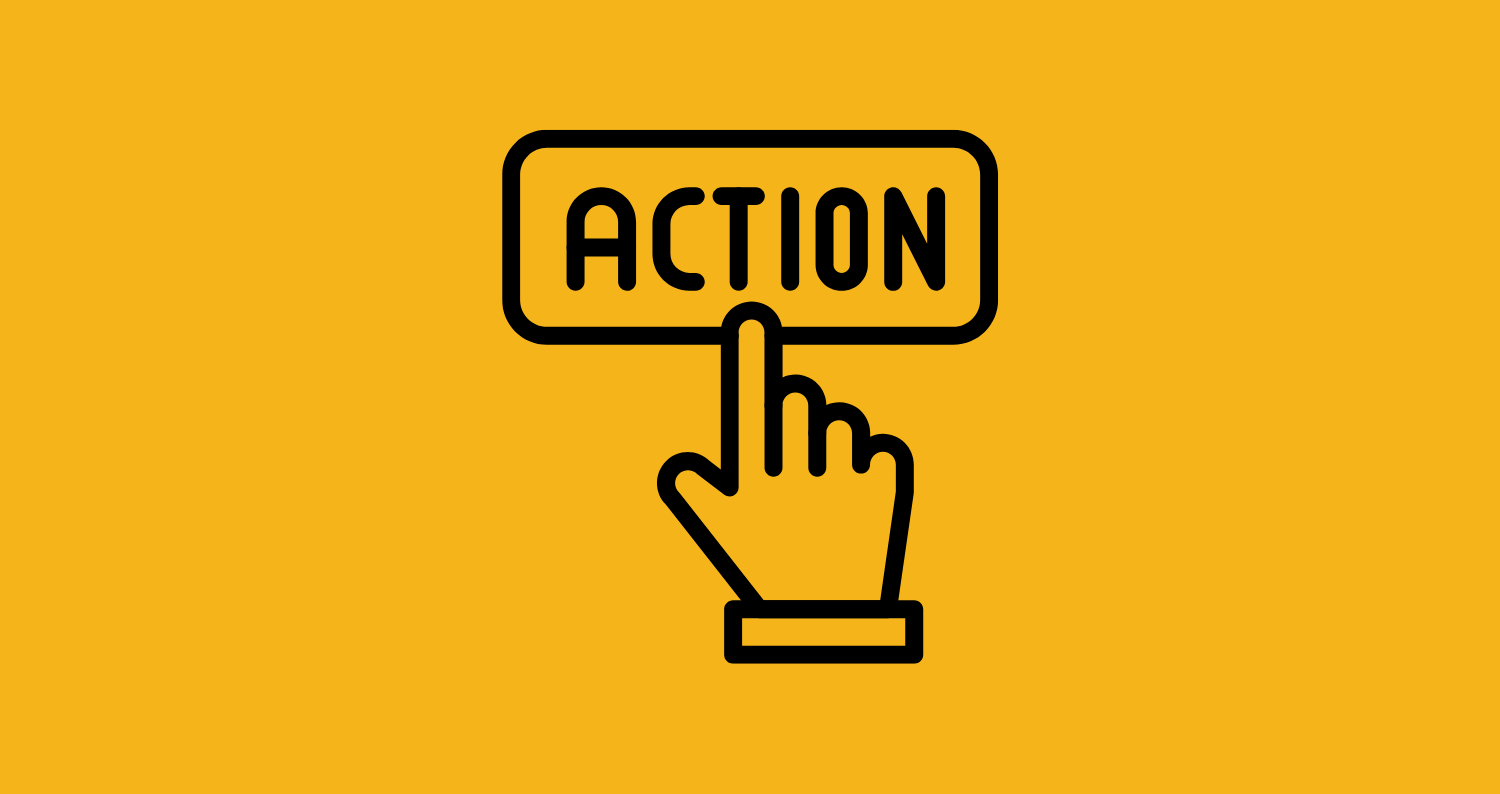
Your practical guide to unleashing inner treasures.
How to use this playbook
This guide is designed to be worked through at your own pace. Each section contains practical exercises, reflection prompts, and concrete actions. Keep a journal dedicated to this work – your insights will build upon each other. Start with Section 1 and move forward when you feel ready.
Section 1: Identifying Your Hidden Treasures
Exercise 1: The Childhood Mirror
- List 5 activities that made you lose track of time as a child
- Note which of these still light you up today
- Identify any patterns in these activities (creating, helping others, solving puzzles, etc.)
Exercise 2: The Compliment Collector
- For one week, write down every compliment you receive
- Pay special attention to comments like “you make it look easy” or “I wish I could do that”
- These often point to natural talents we take for granted
Exercise 3: The Energy Audit
Create two columns:
- Activities that energize you
- Activities that drain you Circle the energizing activities that you’ve been treating as “just hobbies”
Section 2: Understanding Your Fear Patterns
Exercise 1: Fear Mapping
Complete these sentences:
- “I would try _____ if I wasn’t afraid of _____”
- “I’m worried that if I succeed, _____”
- “The worst that could happen is _____”
- “The best that could happen is _____”
Exercise 2: The Fear Interview
- Write a dialogue with your fear
- Ask it: “What are you trying to protect me from?”
- Listen without judgment and write down its concerns
Exercise 3: Evidence Collection
Create three lists:
- Times you faced a fear and survived
- Skills you’ve developed through past challenges
- Support systems available to you now
Section 3: Building Your Courage Muscle
Daily Practices
- The Tiny Courage Challenge
- Do one small brave thing each day
- Start with low-stakes actions (share an opinion, try a new route to work)
- Log each action and how it felt
- The Rejection Practice
- Aim to get rejected once a week
- Ask for something you want but think you won’t get
- Record what happens (often, you’ll be surprised)
- The Imperfection Exercise
- Deliberately do something imperfectly each day
- Share work-in-progress
- Notice the world doesn’t end
Section 4: Creating Your Support System
Exercise 1: The Inner Circle Audit
List people in your life who:
- Encourage your growth
- Challenge you constructively
- Make you feel safe to be vulnerable
- Share similar ambitions
Exercise 2: Accountability Structure
Create your personal accountability system:
- Choose a courage accountability partner
- Set specific check-in times
- Define what support looks like for you
Exercise 3: Environment Design
Create spaces that support your courage:
- Designate a specific area for practicing your craft
- Remove physical barriers to action
- Post visible reminders of your commitments
Section 5: Taking Strategic Action
The 90-Day Courage Plan
Week 1-2: Foundation Building
- Complete Sections 1-2 exercises
- Set up your accountability system
- Create your courage journal
Week 3-4: Small Steps
- Begin daily courage challenges
- Start sharing your work with one trusted person
- Document your progress
Week 5-8: Expanding Comfort Zone
- Increase visibility of your work
- Take on bigger challenges
- Review and adjust based on learning
Week 9-12: Full Expression
- Set ambitious but achievable goals
- Create deadlines for sharing your work
- Plan next steps beyond 90 days
Section 6: Maintaining Momentum
Weekly Review Template
- What scared me this week?
- What did I learn from facing it?
- What support did I use?
- What will I try next week?
Monthly Celebration Practice
- List 3 ways you were brave
- Note progress from previous month
- Plan rewards for courage milestones
Quarterly Reset
- Review your fear patterns
- Update your support system
- Adjust your courage challenges
- Set new goals
Emergency Toolkit: When Fear Feels Overwhelming
Immediate Actions
- Deep breathing: 4-7-8 pattern for 1 minute
- Write down current fear
- Call support person
- Review past successes
- Take smallest possible action
Grounding Questions
- What’s the worst that could actually happen?
- What would I tell a friend in this situation?
- Will this matter in 5 years?
- What’s the cost of not trying?
Progress Tracking
Monthly Courage Metrics
Track on a scale of 1-10:
- Comfort with visibility
- Ease of sharing work
- Recovery time from setbacks
- Frequency of brave actions
- Joy in the process
Remember: Progress isn’t linear. Some days you’ll feel braver than others. What matters is the overall trend and your commitment to showing up for yourself.
continue reading
More Playbooks...
This playbook is designed to guide you from a state of fear-induced paralysis to meaningful action.
The friction between intention and action is a fascinating psychological puzzle that affects many of us, often in ways we don't fully understand.
The challenge of being perpetually "on" extends far beyond the office walls into every aspect of our lives.



